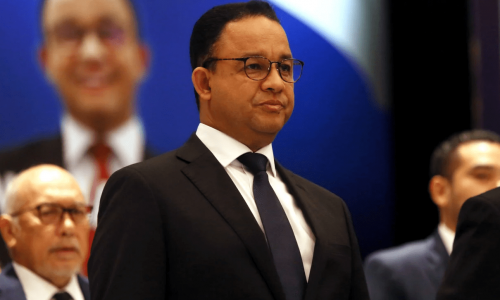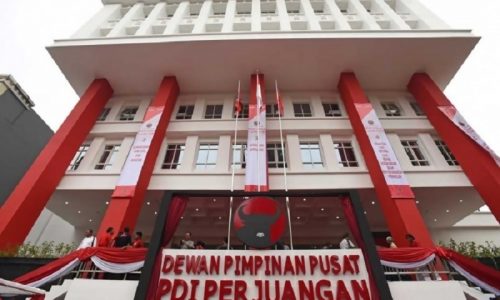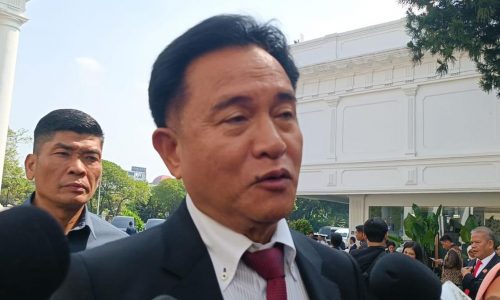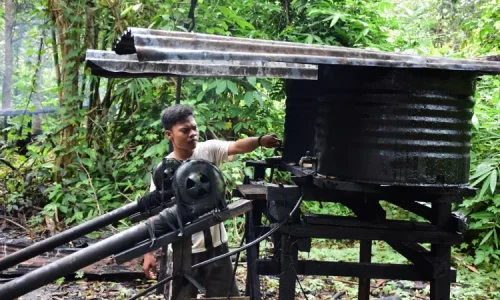A union leader has asked the government to handle illegal imported goods that have freely flooded the domestic market by immediately pursuing and arresting the mastermind of smuggling activities in Indonesia.
“We appreciate the government’s serious efforts to secure illegal goods, especially illegal imports of textiles and textile products (TPT), as has been widely carried out in recent times,” Ristadi, President of the Confederation of Indonesian Trade Unions (KSPN), said as quoted by CNBC Indonesia on Tuesday, November 19, 2024.
Budi Gunawan, Coordinating Minister for Political and Security Affairs has earlier said that based on financial intelligence data, there have been smuggling transactions worth Rp216 trillion (US$13.5 billion) in the last four years.
Based on the mapping results, there are various modes of operation used by smugglers. Such as document inconsistencies, misuse of free trade zones, including money laundering mechanisms.
Ristadi said the government must also be able to uncover the perpetrators of illegal imports. If they are not prosecuted or exposed, the perpetrators can feel safe.
He is also afraid that if the perpetrators feel safe, the smuggled goods can return to their hands. Then, there could be cooperation with various individuals to conduct negotiations.
“For example, the goods that are secured only have problems with documents, then they are fixed, then they can return to the perpetrators of illegal imports,” he said.
Because according to him, if not pursued or prosecuted, it will look like the eradication is being carried out half-heartedly. Meanwhile, sellers and buyers of illegal imported goods circulating domestically must pay according to applicable provisions, including taxes.
“That is what is unfair and unclear. As if protecting large and illegal importers, then state revenue from imported goods is charged to small traders,” Ristadi concluded.









